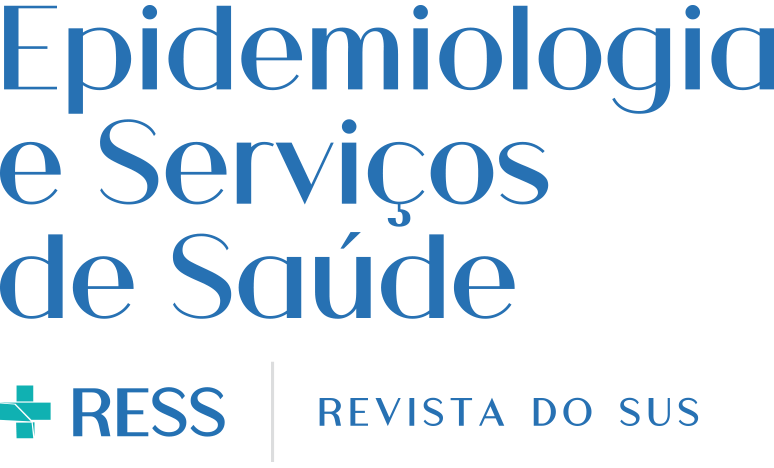Abstract
Objective
To analyze association between food insecurity (FI) and sociodemographic factors among children.
Methods
The study was carried out from May to November 2017 with mothers of children (18 - 35 months old) enrolled at public education facilities in São José dos Pinhais, Paraná, Brazil. FI was determined by the Brazilian Household Food Insecurity Measurement Scale. Multinomial logistic regression was used with a hierarchical model.
Results
395 mothers/children participated. Overall FI prevalence was 34.7% (95%CI 28.5;41.5), with prevalence of 25.7% (95%CI 19.2;32.3) for mild FI (MFI) and 9.0% (95%CI 8.5;9.4) for moderate/severe FI (MSFI). Families in the lowest income tercile had higher likelihood of MFI (OR=3.06 - 95%CI 1.26;7.41) or MSFI (OR=6.35 - 95%CI 1.89;21.4) when compared to the highest tercile. Higher MFI prevalence was identified in male children (OR=2.34 - 95%CI 1.49;3.68).
Conclusion
FI was associated with lower income and MFI with male children. Public policies to increase income must be included in FI reduction strategies.
Keywords:
Food Security; Socioeconomic Factors; Infant; Child; Cross-Sectional Studies

 Thumbnail
Thumbnail
 Legend: FS, food security; MFI, mild food insecurity; MSFI, moderate or severe food insecurity.
Legend: FS, food security; MFI, mild food insecurity; MSFI, moderate or severe food insecurity.